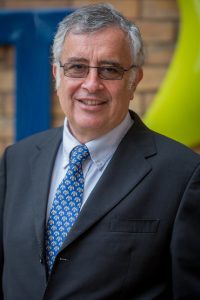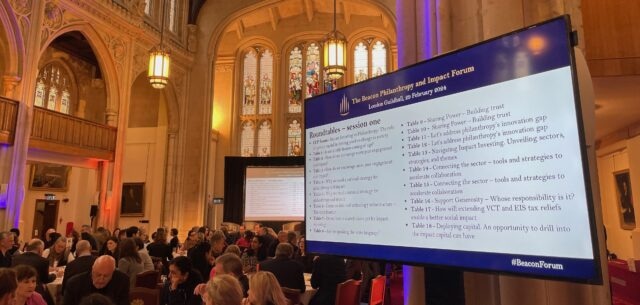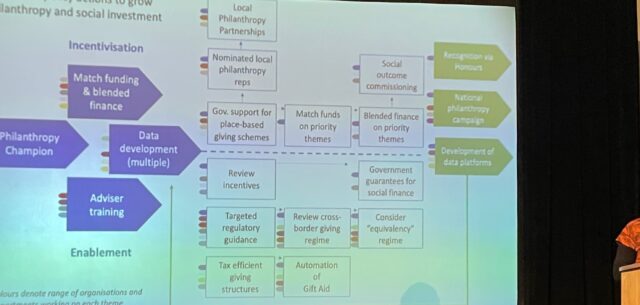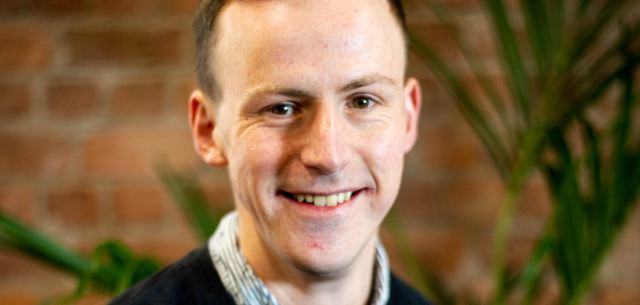Piloting technology to enable agile collaboration – Responding to COVID-19

John Stares investment in launching the COVID Action Network highlights the role philanthropists can play in supporting innovation – in this case, using technology to enable agile partnership.
In the early days of the crisis in the UK, John was unable to corral relevant experts on a video call. He quickly realised the people he needed to reach were already stretched by the pandemic.
From this experience, John identified that one of the biggest challenges to creating a coherent COVID response lies in the fragmentation of knowledge and expertise. There was no active “place” for experts and others with an ability and desire to contribute to come together to debate, inform and solve problems.
How can philanthropists innovate?
In this “new normal”, we need a more agile approach to collaboration. He saw an opportunity for technology to offer a new way to deal with this problem and felt it was worth expending some philanthropic capital on piloting a new solution.
As well as providing the funding, John initially put in 10 hours a day of his own time into the platform and built a team who are just as motivated and engaged.
COVID-action.net is a curated, crowdsourced platform bringing together journalists reporting from around the world with experts and funders to share insights, ideas, research and analysis for teams in action against the pandemic. It piggybacks on Tremr, which enabled a short timeframe from idea-to-delivery because the platform already existed.
John was informed and inspired in part by a 2006 TED Talk by Larry Brilliant, entitled “Help me stop pandemics“. He notes that Larry Brilliant, known as the doctor who eradicated smallpox, was “much further up the curve of understanding” of how to manage a global contagion. He called for a worldwide, non-governmental platform to support early detection and early response to diseases and other catastrophic events.
Refining the focus and mechanisms of COVID-action.net as they went along, John notes it has been a good example of agile, iterative development.
John notes that while COVID will hopefully be under control quite quickly, COVID-action.net is the start of a project, not the end game. Provided this pilot is successful; the intention is to expand the platform to other complex systemic issues like climate change and the future of democracy.
The approach is typical for John and his wife, Catriona. They focus 80% of their giving and time on supporting charities that are pushing the barriers in terms of innovation and best practices.
John’s advice for philanthropists: focus, find accurate information and do a deep dive, so you understand the long term implications.
If you have a story you would like to include on COVID-action.net, please email Jack George: jack@covid-action.net






